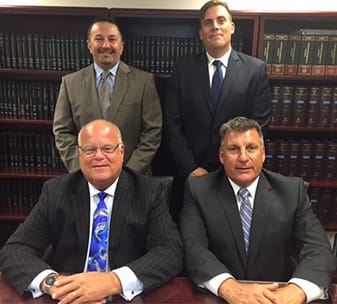Can I keep my retirement accounts if I file bankruptcy?
If debt issues plague you, it is easy and only natural to turn to your other assets as a source of funds to get yourself out of your situation. A ripe source of funds that many people have is their retirement accounts. Although you may be enticed to use your retirement funds to pay off your debt, there are a couple of reasons why this is not be a sound decision.
The first reason why you should not use your retirement assets to deal with your debt crisis is that early withdrawals will cost you money-both now and in the future. As soon as you withdraw money from your accounts (assuming that you have not yet reached the age of 59½) , you incur early withdrawal penalties and income tax consequences. As a result, you may have to take out much more than you originally thought to cover your debt as well as the taxes and penalties.
Additionally, early withdrawals will cause you to miss the growth the assets in the account would have experienced had you left them alone. Because of the withdrawal, you miss out on the compound growth that occurs over time, which is often very significant. As a result, you may find that there are not enough funds in the account to retire, once you reach retirement age.
The other reason why leaving your retirement accounts alone is a good decision is your accounts are exempt from your creditors in bankruptcy. Because of this fact, if you file for bankruptcy to deal with your debts, your creditors cannot reach the assets in the accounts to pay off your debts. Accounts that are eligible for this treatment include all major retirement accounts such as: IRAs, 401(k)s, Keogh plans, pensions, 403(b)s, and most defined benefit plans.
Because your retirement accounts are protected from your creditors in bankruptcy, you can take advantage of the debt relief powers of bankruptcy without sacrificing your life savings. As soon as your debts are discharged in bankruptcy, you can go on with your life debt free, but with your retirement assets intact.
An attorney can help
Although your retirement accounts are exempt in bankruptcy, it is illegal to transfer assets into them just before bankruptcy in order to shield them from your creditors. Doing so may result in the loss of exemption status for your retirement accounts, which would allow creditors to seize the funds for your debts.
To learn more about the other assets you can keep if you file bankruptcy, speak with an experienced bankruptcy attorney. An attorney can assess your situation, advise you on how bankruptcy would affect it and recommend the best way to alleviate your financial problems.

